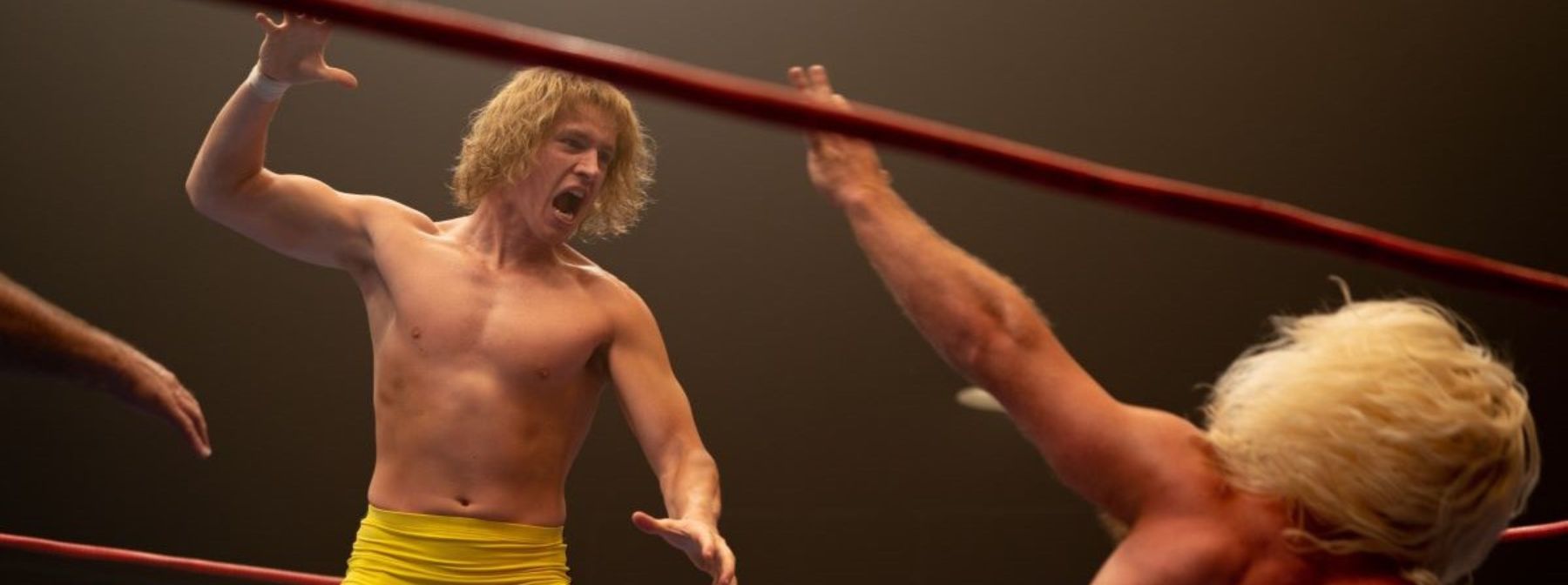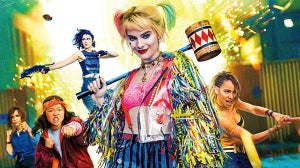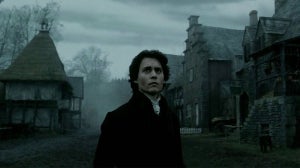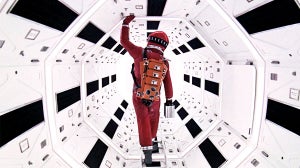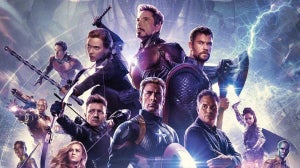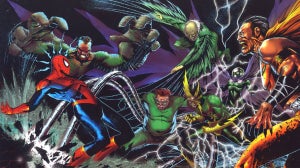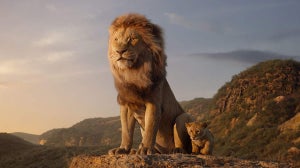
This piece references the true events that inspired The Iron Claw, so don’t read ahead if you want to avoid plot spoilers.
If you’re not familiar with the true story of the Von Erich family of wrestlers, who dominated the sport from their native Texas in the 1980s, then The Iron Claw may very well be an emotionally overwhelming experience.
Long believed to have been followed by a “curse” that led to numerous tragedies in the family, the most surprising thing about writer/director Sean Durkin’s biopic to newcomers is likely that this is the watered down version. The real version of events is so unrelentingly upsetting, it probably would never get made if told faithfully, as the filmmaker explained to Zavvi.
“I started developing the screenplay in 2015, and the youngest brother, Chris, was in it for about five years, as were other tragedies like the death of David Von Erich’s daughter, who was just a couple of months old. The family story was so epic and rife with tragedy, that there were always going to be things that needed taking out, but it was particularly difficult to remove that brother.
“I had to separate my emotional connection to him, both as a sports fan and as a character who would be there during these difficult moments for the family. But it would be hard to have three brothers who committed suicide in the same film, forcing the audience to repeat tragedies multiple times, so his spirit ended up being added to the character of Mike, who is the youngest brother in this story.”
It’s no spoiler to say that tragedy is baked into the very premise of the movie, which is viewed through the eyes of oldest brother Kevin Von Erich (a revelatory Zac Efron), who believes the family is cursed after his older sibling died at just five years old. As his manipulative father (Mindhunter’s Holt McCallany) has ambitions for each of his sons – Kerry (Jeremy Allen White), David (Harris Dickinson) and Mike (Stanley Simons) complete the family – to hold the world heavyweight title, Kevin remains haunted by the idea that the worst is about to happen, a fear that’s sadly validated over the course of several years.
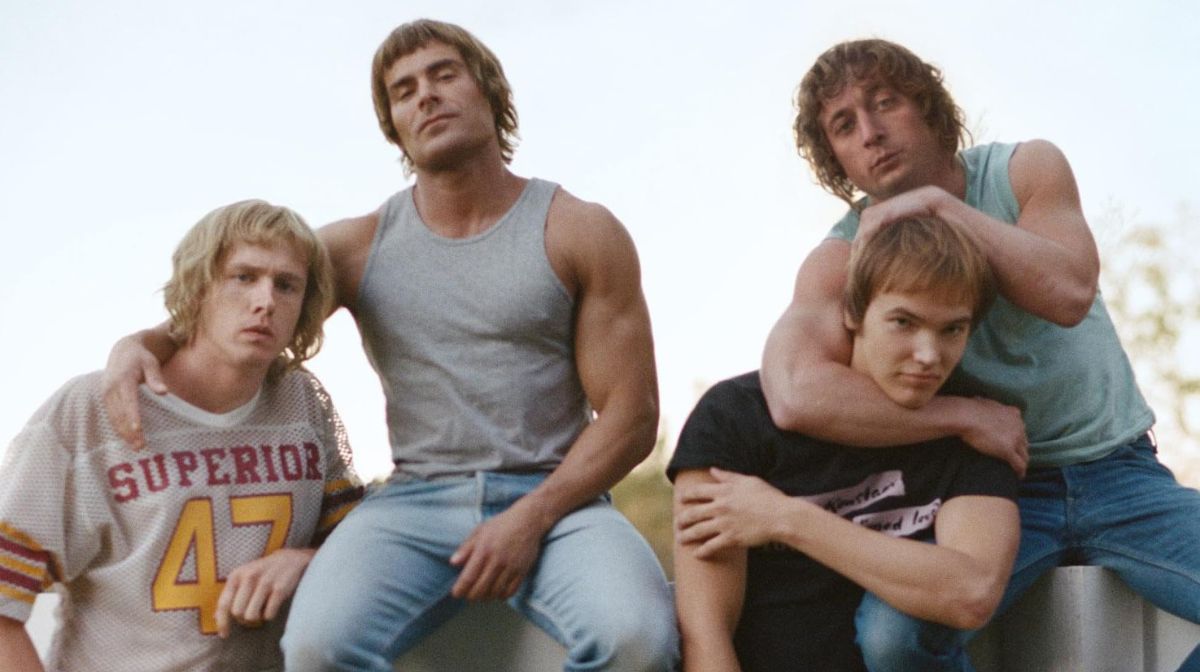
To become Kevin, Efron needed to undergo an intense physical transformation, which made the decision to cast him somewhat controversial. In 2020, comments he made on a Netflix travel documentary series he hosted discussing the pressure he faced to stay in shape in an image-conscious industry like Hollywood caused serious debate about the behind-the-scenes pressures actors face – and if Efron felt like he’d suffered for maintaining a strict diet regime to stay a certain size, was it right to put him through the ringer again?
“I’m not on social media, and I don’t read anything online unless it’s to do with sports”, Durkin continued. “So I wasn’t aware of this conversation until I met Zac and we discussed it – he didn’t say this, but I’m sure that those pressures he faced were part of why he responded to this part, and the physical transformation it would entail.
“For me, I wanted to work with him because I’ve always been intrigued by him as an actor. I’ve loved his comedy work, but I’m drawn to him beyond that, and felt a curiosity as to how he’d feel in my world.”
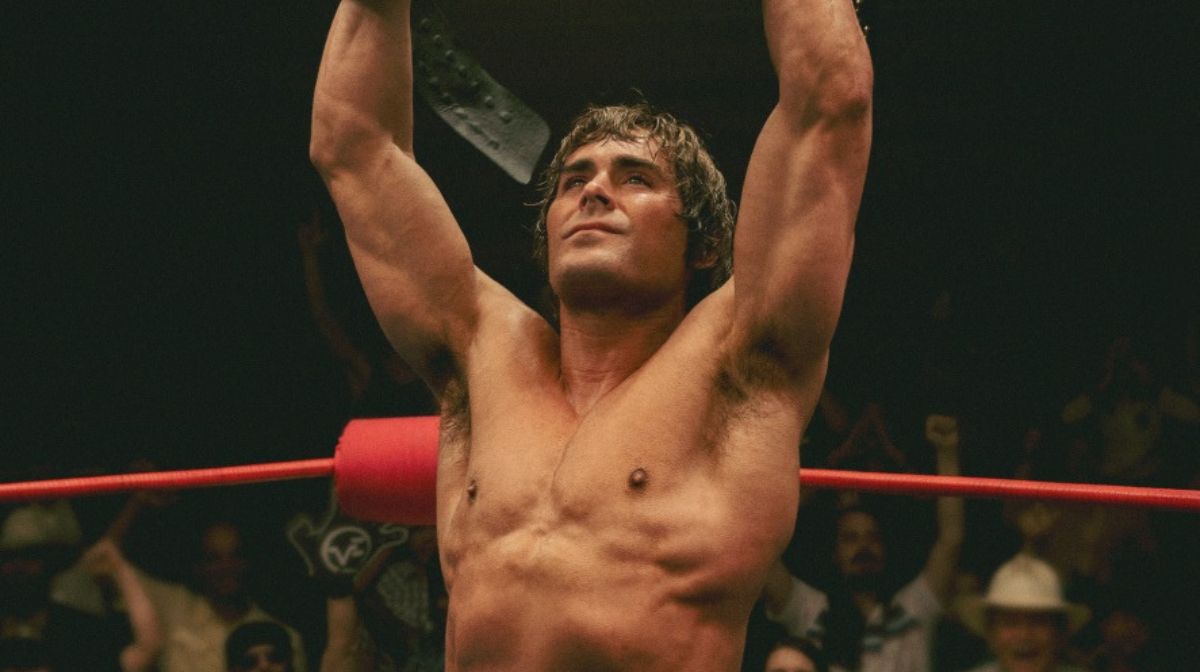
When it was released in the US during the Christmas period, The Iron Claw became an unexpected box office hit, which may be a surprise considering the bleakness of its subject matter. But it’s an especially welcome one considering Durkin fashioned the movie after the gritty 1970’s/1980’s films of the “New Hollywood” era, which a risk averse Hollywood rarely harks back to now.
“When writing the movie, Raging Bull and Fat City were the two biggest influences; Raging Bull for obvious reasons, as it’s about brothers, masculinity, and charts a rise-and-fall, whereas Fat City was good in capturing a more specific, local feeling. There’s a texture to the setting that feels honest, it’s as rooted in its world as I hoped this would be.
“However, my biggest influence wasn’t a sports movie, but The Deer Hunter, which has a kind of physicality in a very different way. The characters there aren’t brothers, but it’s definitely about brotherhood in how close that group of friends are.”
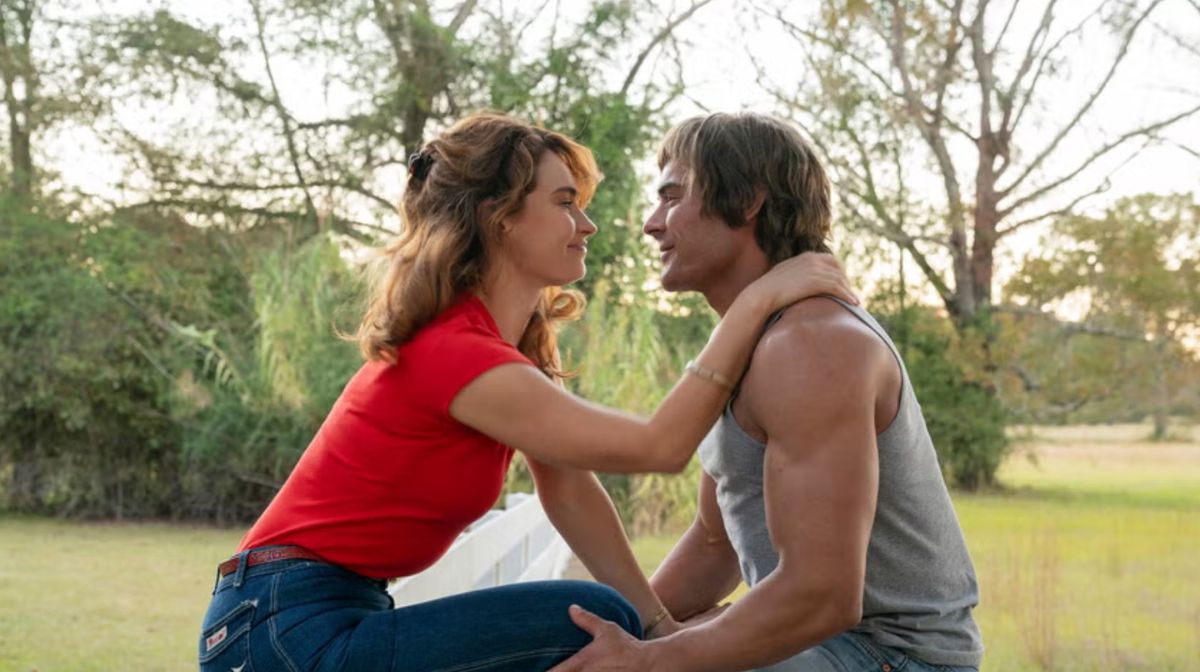
Durkin’s films couldn’t be more different from each other when it comes to genre. His 2011 debut Martha Marcy May Marlene – about a young woman (Elizabeth Olsen) who escapes from a Charles Manson-style cult – was followed by 2020’s The Nest, a dark comedy about a deluded businessman (Jude Law) who tears his family apart after forcing them to move to a dilapidated Surrey mansion.
But even as he takes another left-turn into the world of the sporting biopic, one thing remains consistent: his fascination with family units on the brink of destruction.
“I just love complicated families. I love examining where we came from, and how that shapes what we believe, as well as how communication within families can either uplift or damage an individual, shaping us and forcing us to live with that outcome.
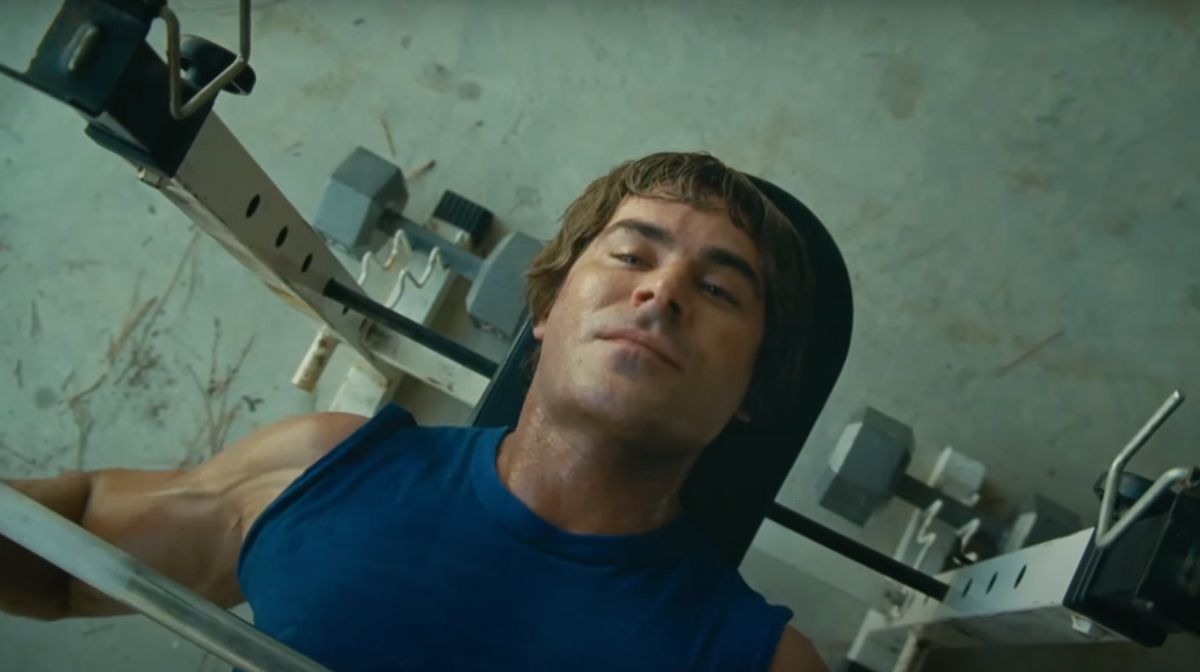
“But it’s not a subject I consciously return to; I was writing The Nest when I first conceived of this movie, and had finished shooting that when I returned to this screenplay, several years later. During that early stage, I hadn’t had any children, but by the time we finished shooting, I’d had two – it’s a constantly evolving thing, but during the moment of writing, it wouldn’t be easy for me to tell you what the themes are, now I can tell you that exploring families like this is what I’m constantly interested in.”
At the film’s world premiere in Dallas in November, the real Kevin Von Erich made his first public appearance in several years. Whilst the film does omit some things from historical record and play around with chronology – as is typical for the biopic genre – having his blessing on the production was crucial for the director.
“I called him before we started shooting to explain what I was doing with the film, and once we wrapped, I held a private screening where I could talk them through a lot of the decisions I made in translating their story to the screen. We’ve become quite close, and the family has been supportive.”
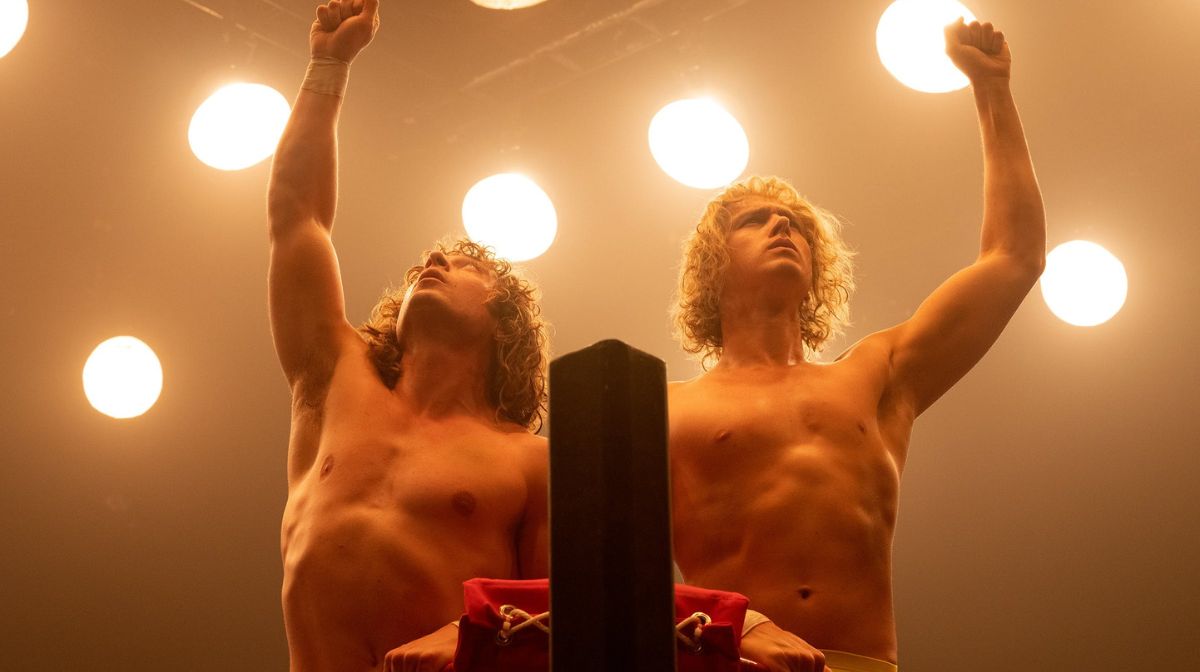
This contrasts with some media reports that state, although he’s happy with the film overall, Kevin Von Erich is concerned with the harsh way in which his father is depicted.
“But I think that’s normal, Kevin feels protective of his dad”, Durkin explained. “People have spent so many years saying that this guy was terrible, and that’s not what this film is trying to say, even though we are honest about how tough a character he was.”
Now that the film is out in the world and being beloved by critics and audiences stateside, there has been some surprise at its lack of Oscar nominations; ask any cinephile, and they’ll probably tell you this was the biggest snub of the year. Durkin admits to being slightly disappointed by this.
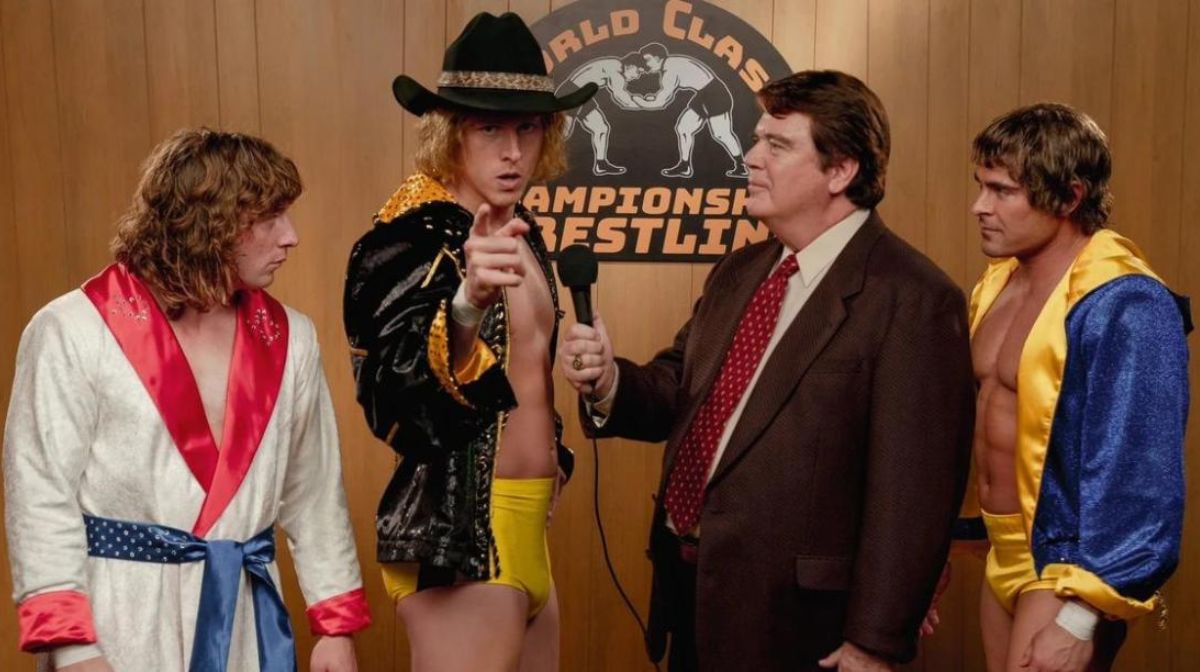
“Oscars were never on my mind at any point during making this – it was only when nominations started coming in and we were getting overlooked that I started thinking about them. But the fact is, audiences are responding, people in the States who have seen it seem to love it, it’s been really meaningful to a lot of people.
“That’s why we make films, in the hope you can reflect something unique back to people that you hope they connect to. I’m very proud and extremely happy that this movie is doing that.”
The Iron Claw is in UK cinemas from Friday, 9th February.

